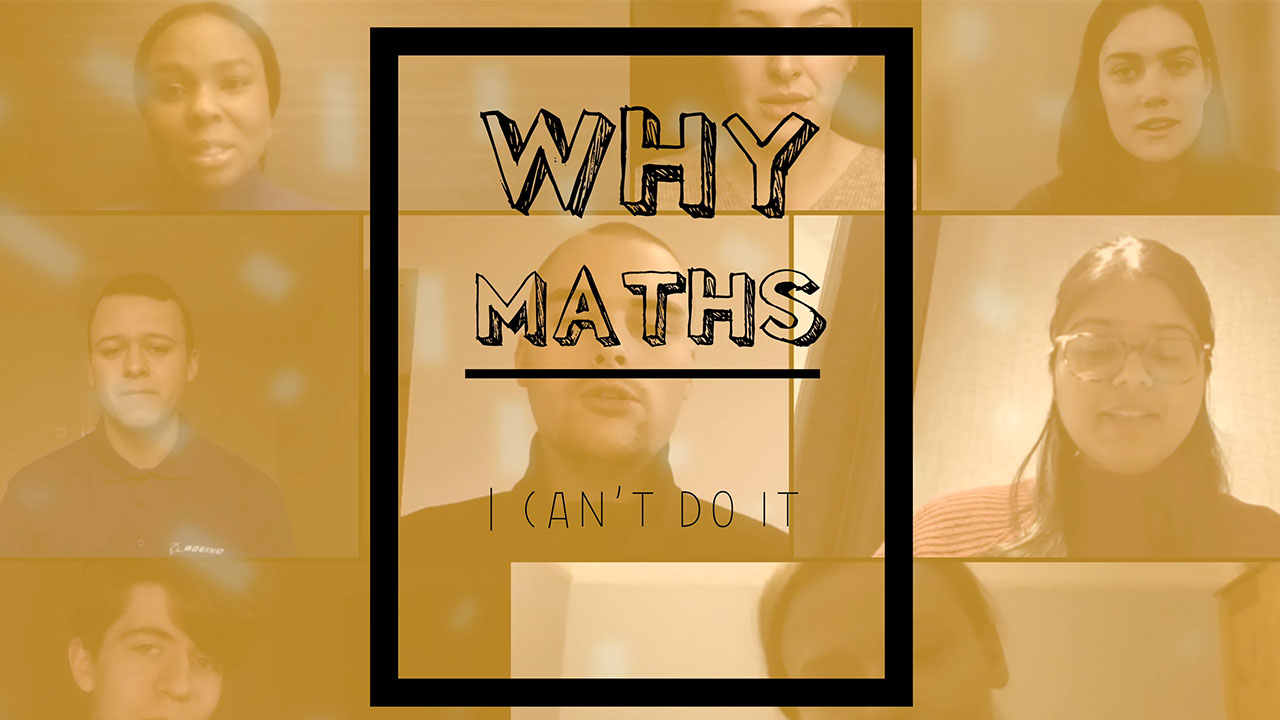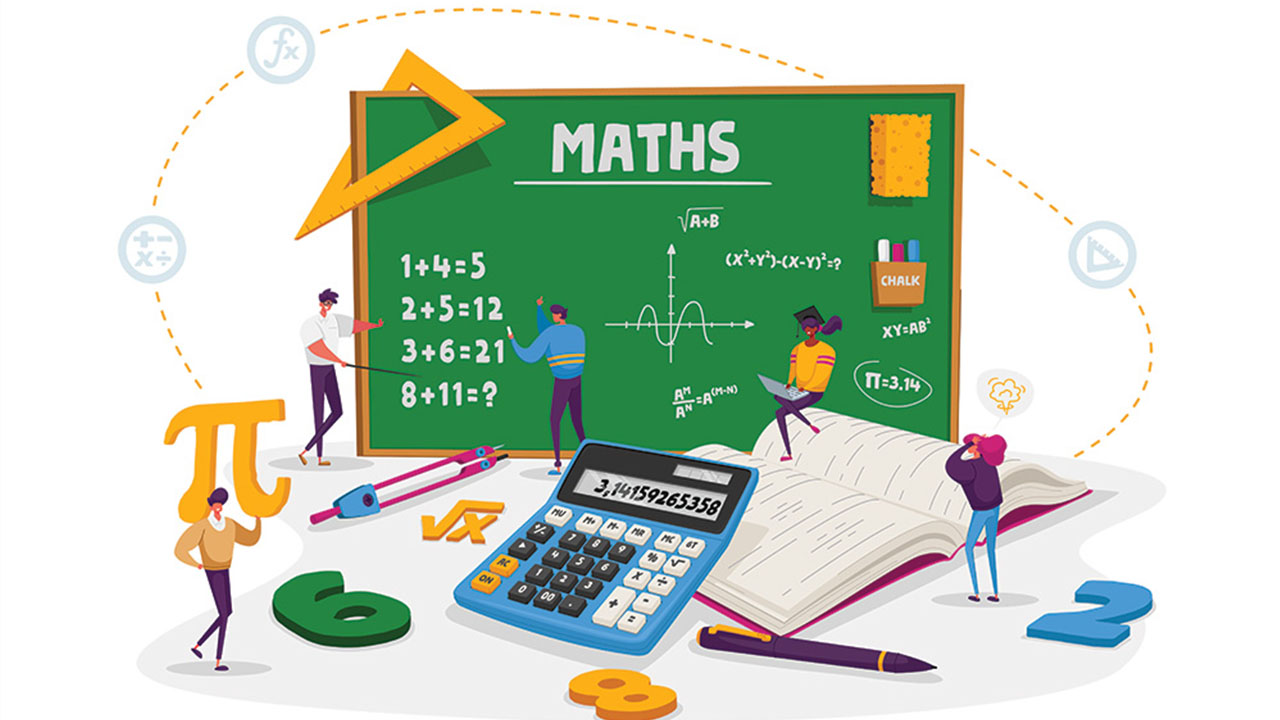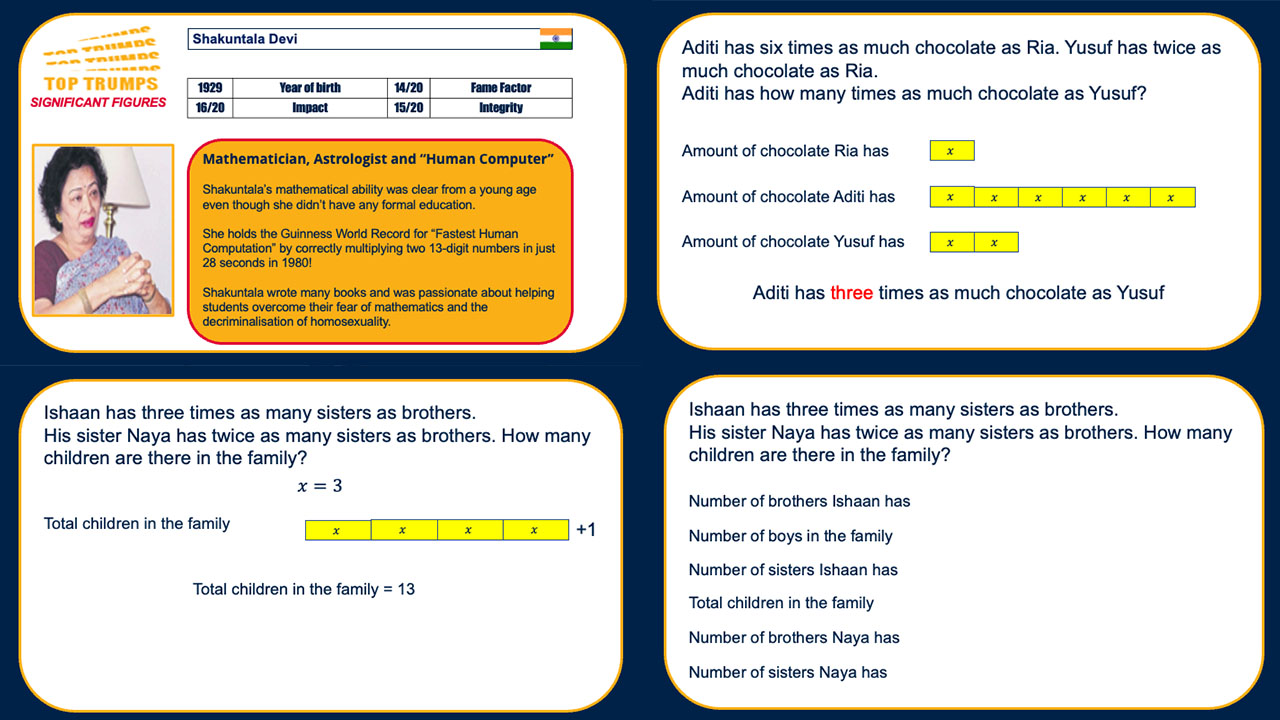Here at the AMSP, we are dedicated to increasing participation and attainment for all students in maths. In particular, for those who are traditionally underrepresented in mathematics specifically and STEM as a whole. We understand the vital role mathematics plays in shaping students’ future careers and opportunities. Our aim is to support the progression of underrepresented groups into Level 3 Mathematics, STEM degrees and STEM careers. We can do this by encouraging participation in A level Mathematics, A level Further Mathematics, and Core Maths. While also supporting student progression to STEM degrees and careers and providing you with resources to support their journey.
Resources Available
Why Maths? Video Collection
Designed to inspire and encourage all students, particularly those from underrepresresented groups, to pursue maths post-16.
Quick Maths Magazine
A magazine for students designed to encourage minoritised groups to feel a sense of belonging in maths.
Enrichment Resources
Activities aimed at increasing students’ enjoyment of maths, suitable for lessons or extracurricular clubs.
Maths Club Activities
Designed to support the many Maths Clubs that schools run across the country.
We also run a number of enrichment events which provide opportunities for teachers and students to engage in interactive maths-related events. To learn more, please visit our events page to see what is happening.
If your institution is a TSMA school, we offer bursaries to help you support you in bringing your students to enrichment events. You can find out more about TSMa and the bursaries we offer by visiting our Subsidies page here.
Why increasing participation is important
International comparisons show that post-16 maths participation in England is relatively low. Just over a quarter of 16-year-olds who pass their GCSE Mathematics choose to study for a more advanced maths qualification. We are happy to say that the situation is improving. The number of students taking A levels in Mathematics and Further Mathematics in the UK has risen considerably over the last fifteen years. The new Core Maths qualification is also growing in popularity year on year. Yet, there is still work to do to close the gap, and give everybody the same oppitunity to study maths. We hope to provide you with the tools to encourage all students, regardless of gender or background, to flourish in maths.
Who are underrepresented groups in STEM?
Several groups face disparities in STEM education; ethnic minorities, socioeconomically disadvantaged students, individuals with disabilities, females, and LGBTQ+ students. Various factors, including cultural biases, systemic inequities, and limited access to resources, influence these disparities.
Why should we increase diversity in maths?
Diverse Perspectives: Different cultural and social backgrounds can lead to unique perspectives and problem-solving approaches. Including students from various groups enriches the classroom experience and promotes a more comprehensive understanding of mathematics.
Economic Opportunities: Proficiency in mathematics can open many career opportunities, many of which are in high-demand and well-paying fields. Encouraging students from all backgrounds to study maths can help reduce economic disparities.
Innovation and Creativity: A diverse group of mathematicians can bring new ideas and creativity to the field, leading to advancements and innovations in mathematics. This diversity of thought is essential for progress.
Social Mobility: Access to high-quality maths education can be a pathway to social mobility for individuals from disadvantaged backgrounds. It can provide them with the skills and opportunities to improve their lives and the lives of their communities.
Additional resources
If you would like to explore these ideas further or have anything you would like to contribute, please get in touch with our EDI Lead at [email protected].



